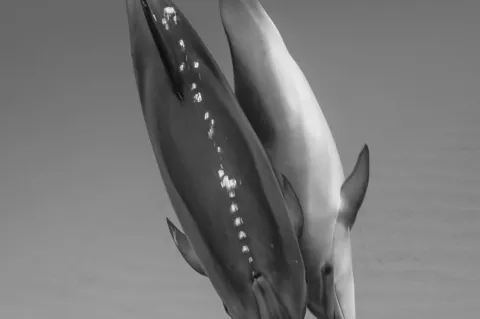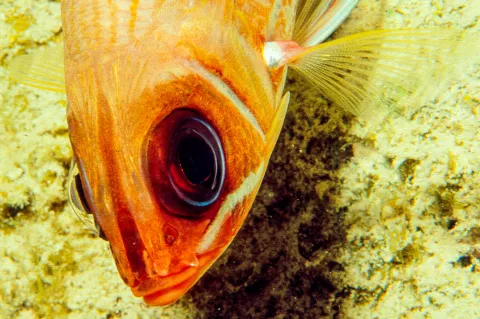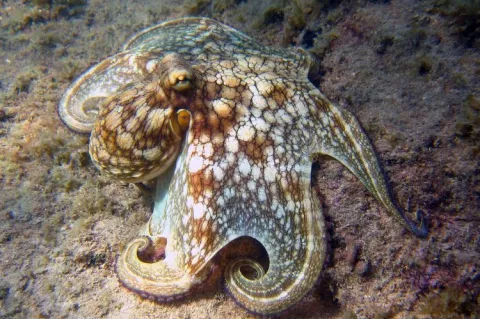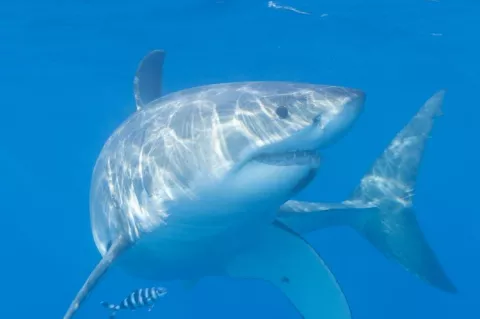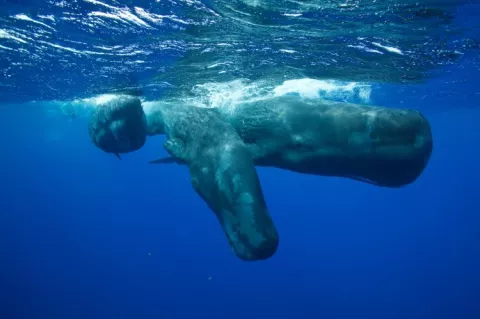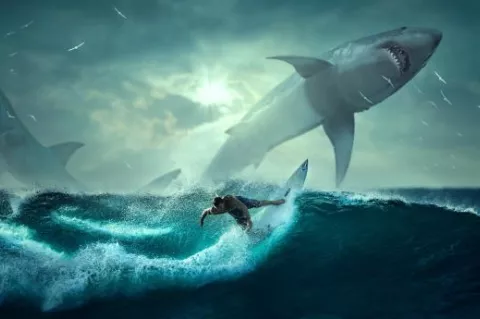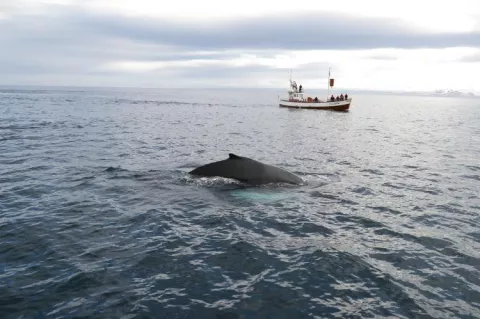Orcas and humpbacks brawl
Whale watchers were making their way toward the U.S.-Canadian border in the Strait of Juan de Fuca when the captain spotted the group of whales. At first, whale watchers observed what they thought was a pod of roughly 15 Bigg’s orcas swimming and "being unusually active at the surface." Before long, it became apparent that two humpback whales were in their midst.
Intense
According to observers who came and went throughout the day, the intense encounter that unfolded included an astonishing three hours of breaching, tail-slapping and loud vocalizations.


